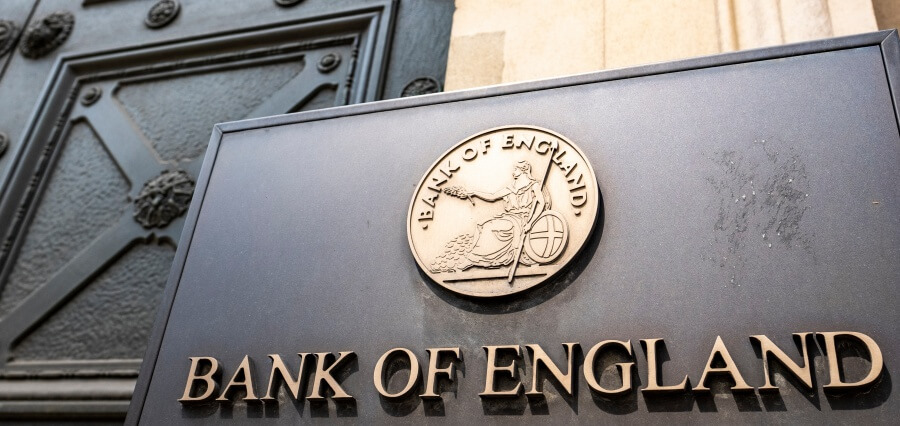The Bank of England said Thursday it would keep interest rates steady after cutting them for the first time in August, reversing its earlier decision in response to the U.S. Federal Reserve’s drastic move to aggressively cut its key rate. The Monetary Policy Committee voted 8:1 to hold rates, with one member dissenting and arguing for an additional 0.25 percentage point cut.
The MPC has referred to a “gradual approach” to monetary easing even as the inflation in the services industry remained too high. The U.K. economy is recovering but slowly, and this is going to add 0.3% each quarter over the latter half of the year. Services inflation, which constitutes about 80% of the U.K. economy, has risen to 5.6% in August even as the overall inflation rate is nearing the target value of 2%. Wages still rose at relatively strong 5.1%, though merely one-tenth of its pace the previous month after cooling to a two-year low.
Financial markets welcomed the British pound as it rose 0.72 percent versus the US dollar to a two-month high of $1.3306, its best level since March 2022. The pan-European Stoxx 600 index advanced 1.45 percent.
In another related move, the BoE published its annual QE plan, saying it will announce a reduction of £100bn in its gilt stock over the next year. The QT program, which was initiated in February 2022, looks to reduce the balance sheet after the monetary easing of the pandemic. Losses from selling bonds when there are lower proceeds than acquired had weighed against quantitative tightening, but Governor Andrew Bailey said that “there must be space on the balance sheet for future easing.”.
On the back of a U.S. Federal Reserve 50-basis-point rate cut was a move that surprised some analysts who were expecting a more minor cut. Fed Chair Jerome Powell emphasized the goal of restoring price stability without causing a significant rise in unemployment-a challenge with which the BoE is grappling.
Analysts believe that the decision by BoE would well indicate a cut in November. BoE Chief UK Economist Sanjay Raja at Deutsche bank already called in for cuts in interest rates to 4.75% at year-end while cuts in values shall continue up to 2025.
Considering that the U.K. has its new Labor government that is preparing its first budget in October, maintaining the pace of QT by the BoE decision may have fiscal policy implications and can complicate for the government.
Read More: Click Here





